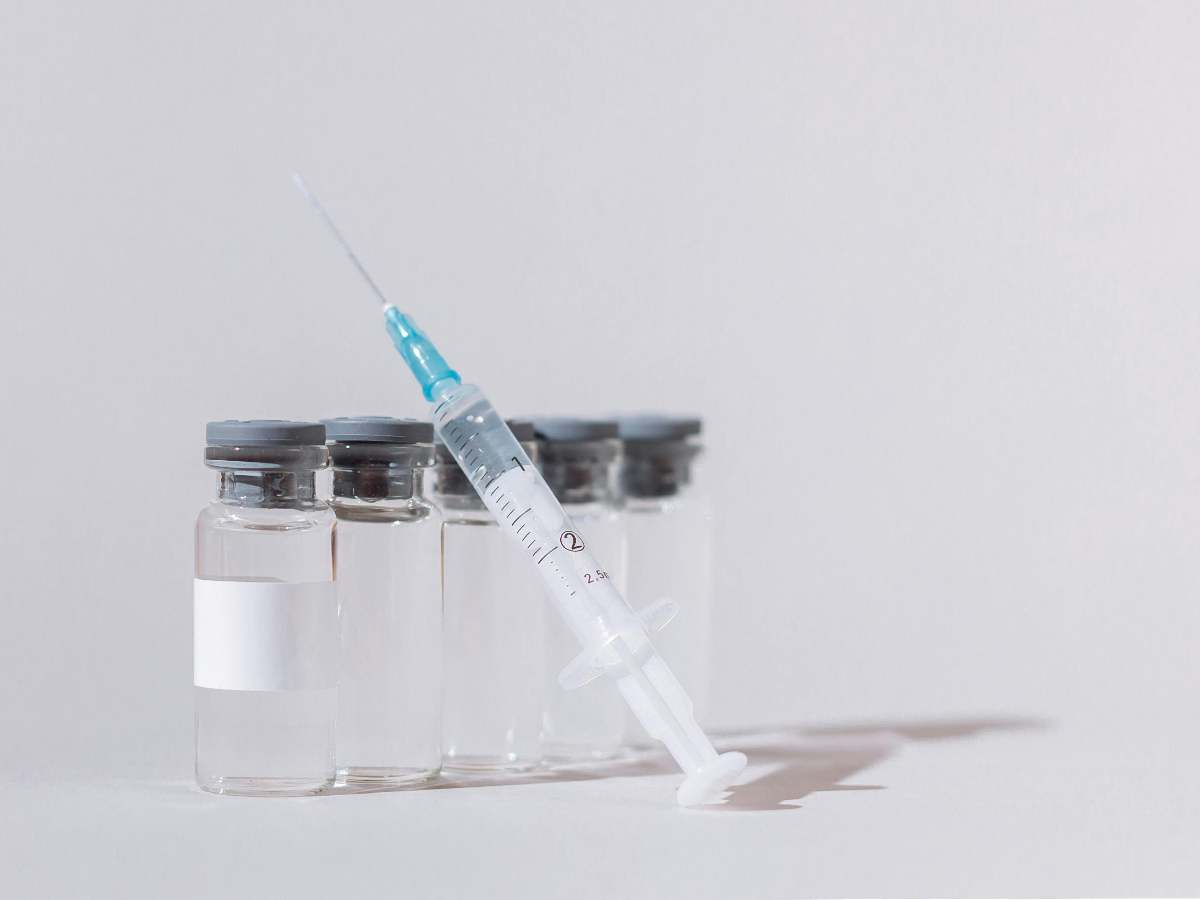
A yearly injection to protect against HIV is safe and shows promise as a prevention method with long-lasting effects, according to the results of a clinical trial published in The Lancet journal.
‘Lenacapavir’ was developed by Gilead Sciences, a research-based biopharmaceutical company in the US, as a pre-exposure prophylaxis (PrEP) medication to prevent infection in people at risk of exposure to HIV. It is administered as an injection into the muscle tissue.
Also read: Rising lung cancer cases among non-smoking women: Causes, risks, and solutions
The drug, which works by blocking HIV from entering and multiplying in human cells, remained in the body for at least 56 weeks, according to the phase 1 randomised controlled trial.
Phase 1 trials assess how a new drug is absorbed and metabolised in a group of 20-100 healthy volunteers, along with its safety.
HIV, or human immunodeficiency virus, attacks and weakens a person’s immune system by targeting white blood cells. Acquired immunodeficiency syndrome (AIDS) is caused at the most advanced stage of HIV infection. Currently, there is no cure or vaccine approved for HIV/AIDS.
The trial included 40 participants, aged 18-55 years, who did not have HIV. Two formulations of the drug were prepared — one with 5 per cent ethanol and the other with 10 per cent. Half of the participants received the first formulation of lenacapavir, while the other half received the second. The drug was administered as a single 5000 milligram dose.
Samples collected from the participants for up to 56 weeks were analyzed to assess safety and drug behaviour. Both formulations were found to be “safe and well tolerated.”
Pain at the injection site was the most common adverse event, which was generally mild, resolved within one week, and was substantially reduced by pretreatment with ice, the authors reported.
Further, after the 56-week period, the levels of lenacapavir in participants exceeded those in phase 3 trials of a different lenacapavir injection, which is administered twice a year underneath the skin and above the muscle tissue (subcutaneous injection). Results from the phase 3 trials, published in July 2024 in The New England Journal of Medicine, showed that the twice-a-year subcutaneous injection was safe and highly efficacious.
Also read: Understanding Epilepsy: Causes, symptoms, and treatment
“Following the administration of once-yearly intramuscular lenacapavir, median plasma concentrations exceeded those associated with efficacy in phase 3 studies of twice-yearly subcutaneous lenacapavir for PrEP for at least 56 weeks,” the authors wrote in The Lancet study.
The results indicate the potential of a yearly biomedical intervention for preventing HIV infection, the team stated. However, the small sample size of the study limits the broader generalization of the results. Therefore, data from a larger, more diverse group is needed to assess the safety of this yearly lenacapavir injection, the authors concluded.
Also read: Philips and Medtronic join forces to upskill cardiologists in advanced imaging
Delhi Police arrest three in Rs 17 lakh online stock market fraud; woman under investigation
Delhi lifts dry day restrictions for Holi; liquor shops to stay open across the city
With Iran engulfed in a rapidly intensifying war and civilian casualties mounting, families in Delhi…
Delhi govt to revamp 300 km of drains in 2026-27 under new master plan, aiming…
Sweeping crackdown targets habitual offenders, bootleggers and drug peddlers before Holi
Delhi ramps up security with 15,000 police on alert; focus on drunken driving, rash riding…